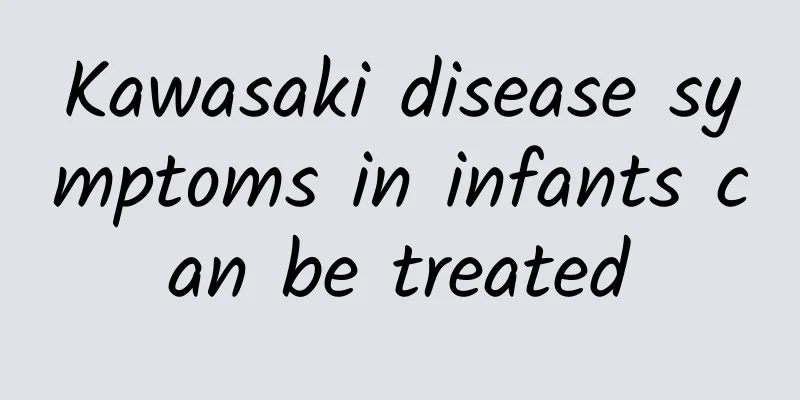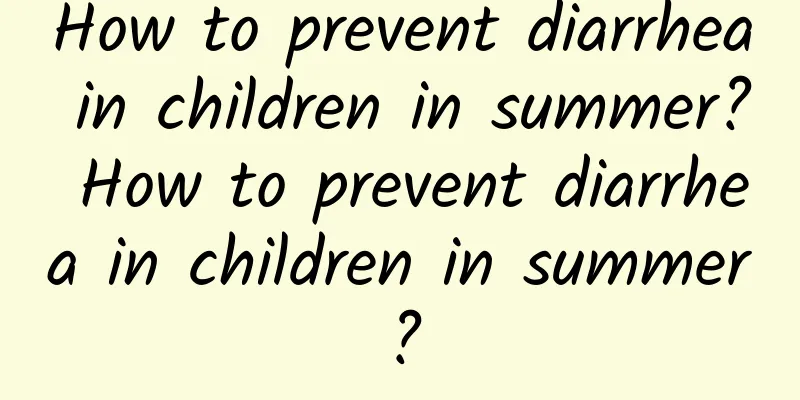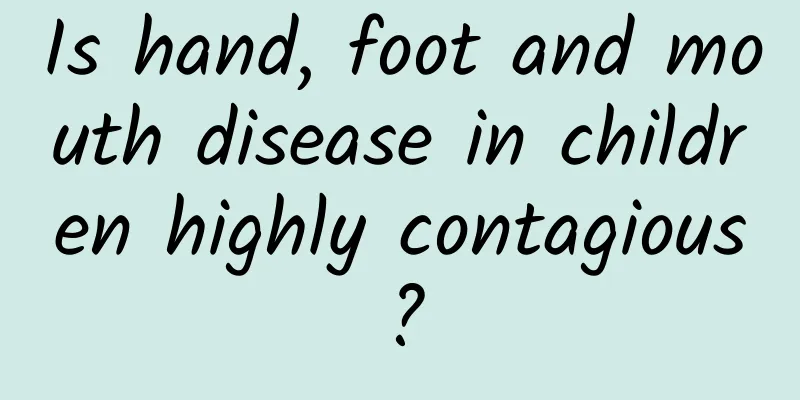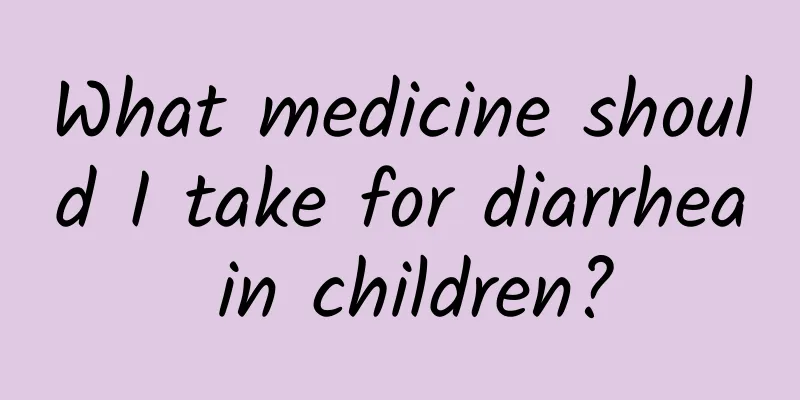What are the symptoms of diarrhea and dehydration in children?
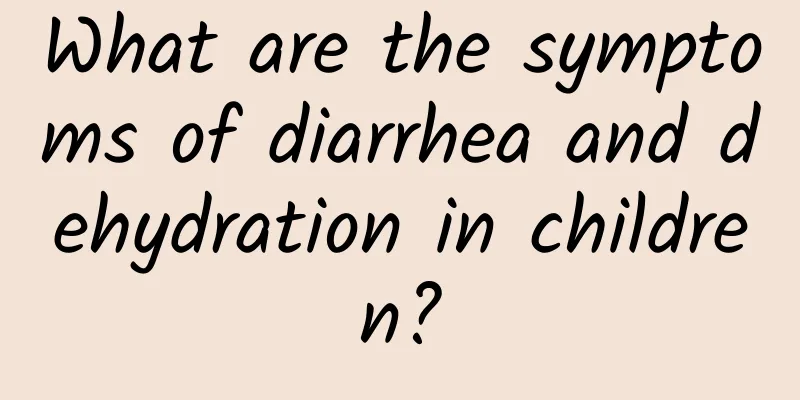
|
Children who suffer from dehydration due to diarrhea may experience symptoms such as thirst, dry skin, decreased urine volume, and abnormal mental state. In severe cases, it may be life-threatening and requires timely medical attention and water replenishment to correct the dehydration. 1) Symptoms of mild dehydration Mild dehydration usually manifests as thirst, chapped lips or dry skin. The child may become irritable, but his mental state is generally normal. If parents find these symptoms, they should replenish water for the child in time at an early stage. Oral rehydration salts (ORS) are recommended, which can help the child quickly restore fluid balance. In case of mild dehydration, the child can also drink appropriate amounts of light soup or diluted juice, but avoid drinking sweet drinks or carbonated drinks. 2) Symptoms of moderate dehydration Further dehydration will affect urine output and mental state. Parents may observe that their children's urine output has decreased significantly, or even that they have not urinated for more than 6 hours, their eye sockets are slightly sunken, their tears decrease when they cry, and they are mentally tired or obviously sleepy. In this case, you should seek medical attention immediately and replenish body fluids under the guidance of a doctor. Common methods include intravenous infusion or further correction of electrolyte imbalance. 3) Symptoms of severe dehydration Severe dehydration is a dangerous stage of diarrhea in children, with obvious symptoms, including sunken eye sockets, poor and dry skin, cold limbs, and even confusion or coma. The child may show extreme fatigue or even shock. This situation is extremely urgent and you should call the emergency number or send to the nearest hospital for treatment immediately. Intravenous fluid replacement, including saline or glucose solution, is often required in the hospital to quickly save the condition. Parents need to closely observe the symptoms of diarrhea and dehydration in children. If the symptoms are mild, pay attention to oral rehydration. If the symptoms are moderate or above, seek medical attention immediately. The key to preventing diarrhea and dehydration in children is to pay attention to the child's dietary hygiene at all times and ensure a clean feeding environment. If diarrhea occurs, please intervene in time. Regular health checks for infants and young children can also reduce the risk of related complications. |
<<: Mild neonatal hypoxic-ischemic encephalopathy
>>: How to reduce high jaundice in newborns and what medicine to take
Recommend
What are the contraindications for hernia in children? These 4 points should be avoided
Hernia is very common in children. Although the h...
What medicine is good for children with bacterial tracheitis and cough?
To treat tracheitis cough caused by bacterial inf...
What foods should children with pneumonia avoid eating? What tests should be done for children with pneumonia?
Pneumonia is a common disease, and children are t...
How about children's cold granules? Three things you must pay attention to when taking children's cold medicine
When a newborn baby has a cold, if the condition ...
Is mumps contagious in children?
Mumps is contagious and is mainly spread through ...
What should I do if my child has autumn diarrhea and coughs at the same time?
When a child has just recovered from autumn diarr...
What are the common symptoms of polio?
Polio is a relatively common disease, and most of...
How long does it take for breast milk jaundice to subside on its own?
Breast milk jaundice is a common type of jaundice...
What are the dietary precautions for severe pseudohypertrophic malnutrition?
Severe pseudohypertrophic malnutrition is almost ...
Does polio affect life expectancy?
Polio is a disease that many parents worry about....
Is the baby's loss of appetite caused by emotions? What are the ways to increase the baby's appetite?
The incidence of anorexia in children is not low,...
Why are my hands weak?
Weak hands may be a minor annoyance that many peo...
How to treat a nine-month-old baby with a cough and phlegm How to treat a nine-month-old baby with a cough and phlegm
If a nine-month-old baby has a cough and phlegm, ...
Early detection of pneumonia in children
What are the early tests for pneumonia in childre...
Is neonatal hepatitis an important cause of neonatal jaundice?
Neonatal hepatitis is indeed an important cause o...

